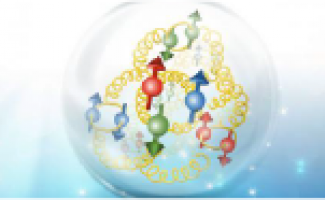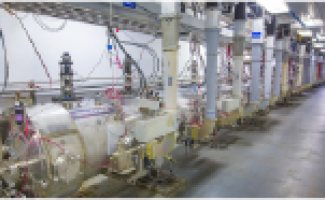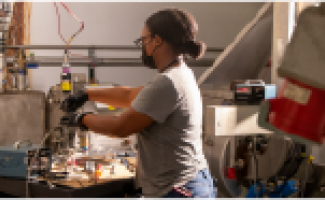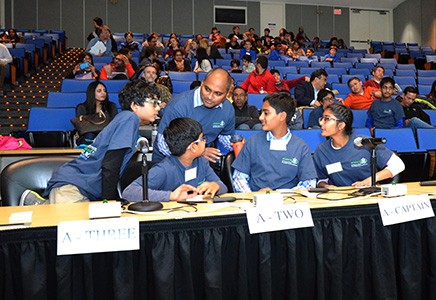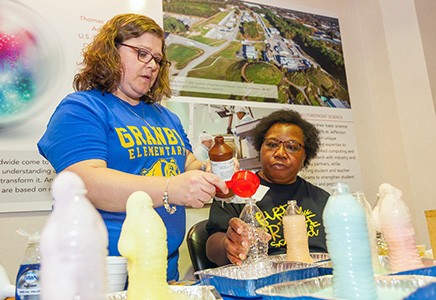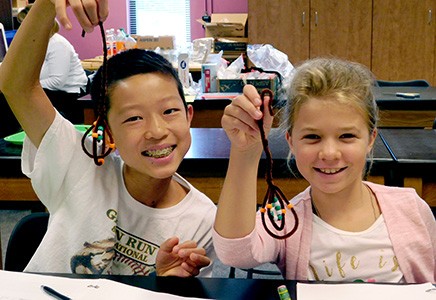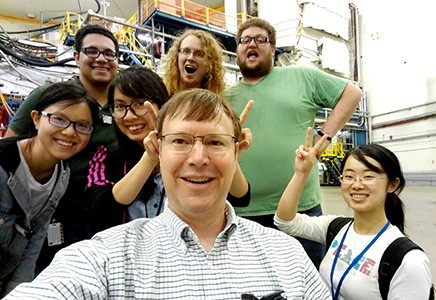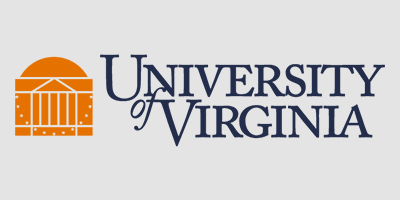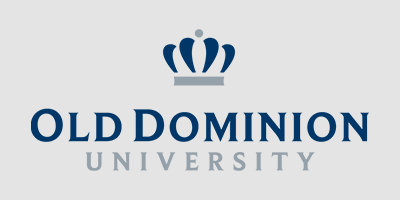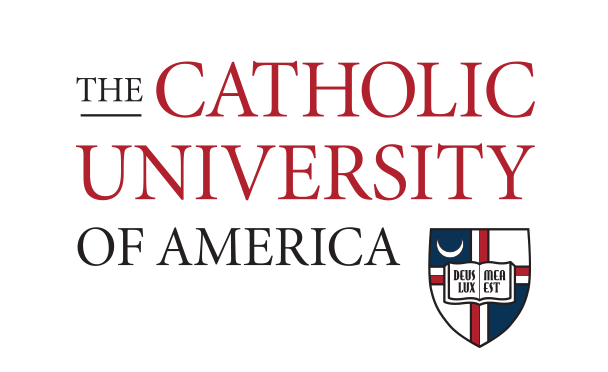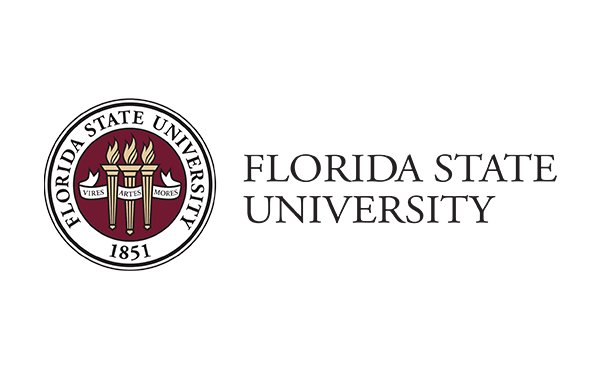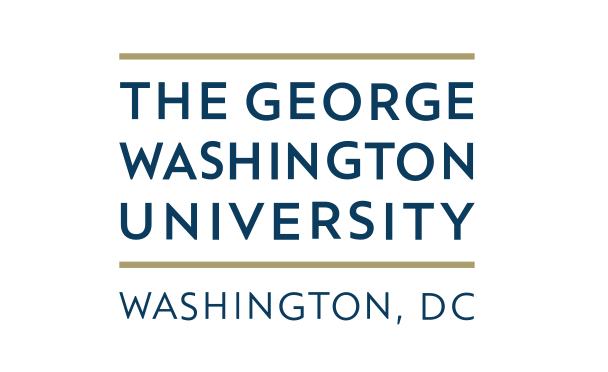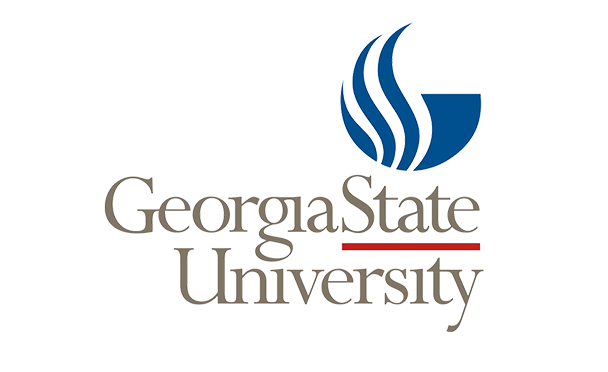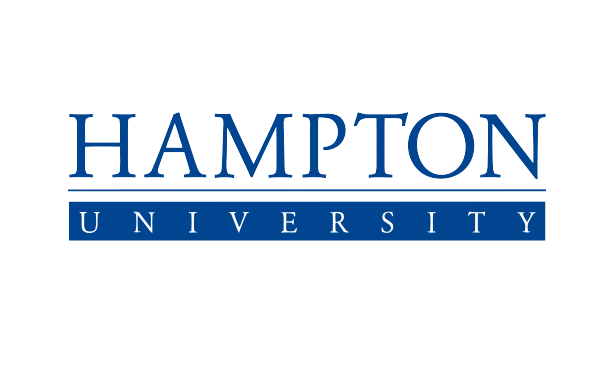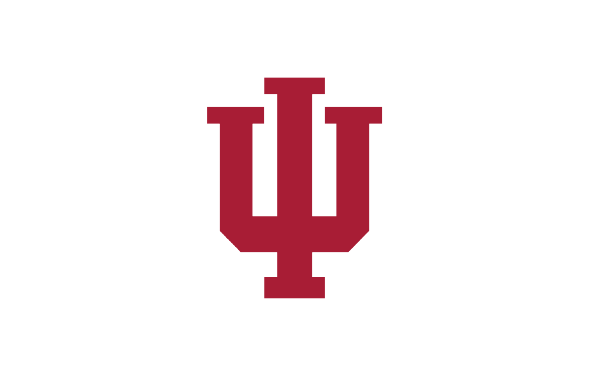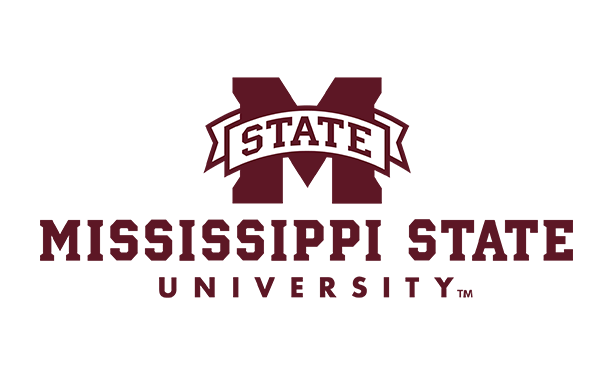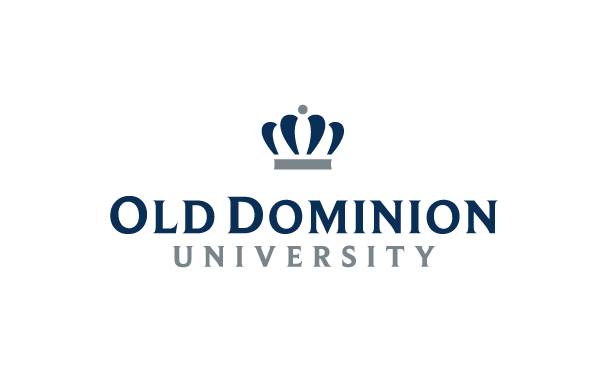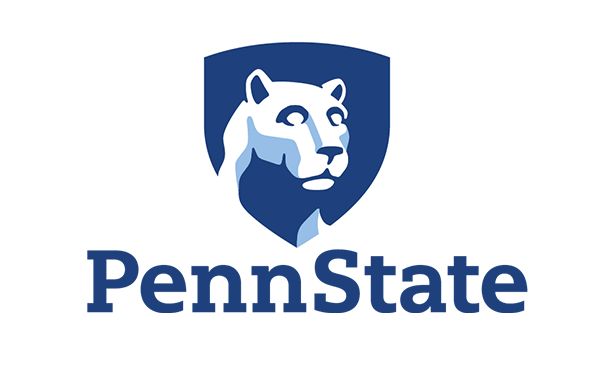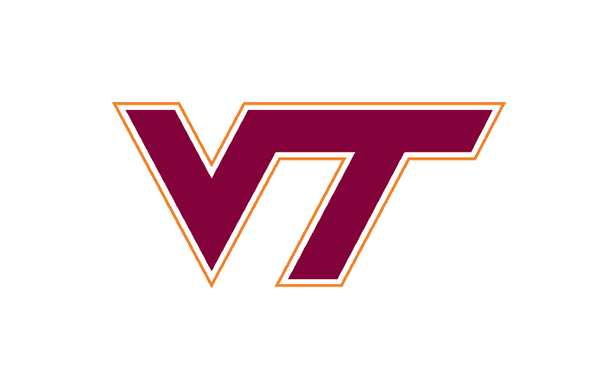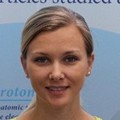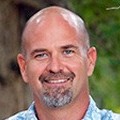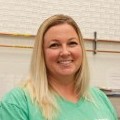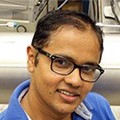Undergraduate student studying physics at the Indian Institute of Technology (IIT) Madras, India, conducts simulations of Electron-Ion Collider interactions
What is your role in the Electron-Ion Collider (EIC) project?
In August 2020, when I was taking a high-energy physics course under Dr. Prabhat Pujahari, he informed me about this opportunity to work as part of a new EIC team, and I excitedly signed up for it. I am part of EIC's software working group in India. My role is to generate and validate data produced using various simulation methods, including Monte-Carlo simulations, and compare these datasets with previous electron-proton scattering data from the HERA experiment. These comparisons will help us make predictions about what scientists will see in collisions at the EIC and guide the development of tools we’ll need to analyze EIC data.
Why do you feel that the EIC is an important facility?
EIC's aim to look into the nature of quarks and gluons—the fundamental building blocks of protons and neutrons—and the physics of nucleon and nuclear structure makes it a super-important facility. It will ultimately put physicists steps ahead toward discovering the not-well-understood but essential aspects of these particles and how they pertain to nuclear and particle physics more broadly.
What do you hope to learn with the EIC?
As an undergraduate student, I’ve learned quite a lot about Monte-Carlo (MC) generators (software libraries that generate the complex interactions in high-energy physics events) as well as high-energy physics computational frameworks. I hope to enhance my knowledge in such computational areas relevant to high-energy and nuclear physics through my work on EIC event simulations.
What is the biggest software or data challenge you face in your EIC research?
The biggest challenge I’ve faced so far was to initially figure out how different MC-generators work, and how to specify code inputs for each one. Even though the EIC User Group conducted tutorial sessions, working on these software frameworks remotely and sorting out code bugs specific to my own computer system was quite a challenge.
What fascinates or excites you most about your work? Why?
The simple idea of simulating particle collisions on a computer is so fascinating to me. I cannot wait to discern a lot more about the backend work related to such simulations! It's just the sheer learning process that excites me the most!
What is currently the most prominent 'thing' on your desktop, physical or virtual?
The most prominent thing on my desktop is the ability to access IIT Madras's Aqua Supercluster supercomputer and run over a million collision events within a span of a few seconds!
What does a typical workday look like for you?
The day usually starts with regular undergraduate classes. During the afternoon and evening slots, I would either be completing some assignments or working on EIC simulations.
What do you like to do when you aren't working on EIC science?
Days are usually packed with coursework, although I try to participate in several activities of the Physics and Astronomy club at my institute. I also love reading fantasy novels, random nature walks/hikes, and all kinds of sport activities during my free time.
This story is a pilot project conceived by the Software Working Group of the EIC User Group to become part of a series of profiles of future users of the Electron-Ion Collider (EIC), a next-generation nuclear physics research facility being built at the U.S. Department of Energy’s (DOE) Brookhaven National Laboratory in partnership with DOE’s Thomas Jefferson National Accelerator Facility and collaborators around the world. The Software Working Group seeks to develop user-friendly tools to meet the data and software needs of the international group of physicists who will conduct research at the EIC.
The EIC project is funded primarily by the DOE Office of Science.


